
India’s higher education landscape is poised for a transformative shift with the University Grants Commission (UGC) introducing guidelines to integrate skill-based courses and microcredentials into the academic framework of Higher Educational Institutions (HEIs). This move, aligned with the National Education Policy (NEP) 2020, aims to bridge the gap between conventional academics and the dynamic demands of the job market.
Prof. M. Jagadesh Kumar, UGC Chairman, emphasizes that these guidelines represent a critical step in equipping students with industry-relevant skills while fostering academic growth. According to him, India’s demographic dividend, characterized by its youthful population, holds immense potential for economic and global leadership. To unlock this potential, higher education must be evolved to meet the changing needs of industries and society.
Microcredentials, as envisioned by the UGC, are short, targeted learning modules designed to enhance employability, upskill, or reskill learners in specialized fields. By incorporating these courses, HEIs can expose students to emerging domains such as artificial intelligence, data analytics, digital marketing, sustainable practices, and more.
The proposed guidelines offer a structured approach to implementing skill-based education:
Microcredentials offer a unique opportunity to revolutionize higher education in India by:
HEIs wishing to offer skill-based courses or microcredentials must seek UGC approval or leverage platforms like SWAYAM Plus. Courses not approved for credit can still be offered as audit courses. Additionally, internships and project work tied to skill development will be credited when they meet defined learning outcomes and are assessed in collaboration with industry partners.
The integration of microcredentials into higher education marks a significant step toward a more inclusive, skill-focused, and adaptable academic ecosystem. By blending academic knowledge with practical expertise, these initiatives aim to empower students to excel as professionals, entrepreneurs, and innovators, ensuring their readiness for the challenges of a rapidly evolving global economy.
This pioneering effort underscores the commitment to transform India’s HEIs into hubs of holistic, future-ready education—where students graduate not just with degrees but with skills that set them apart in the competitive world.
Join us for FREE to get instant email updates!
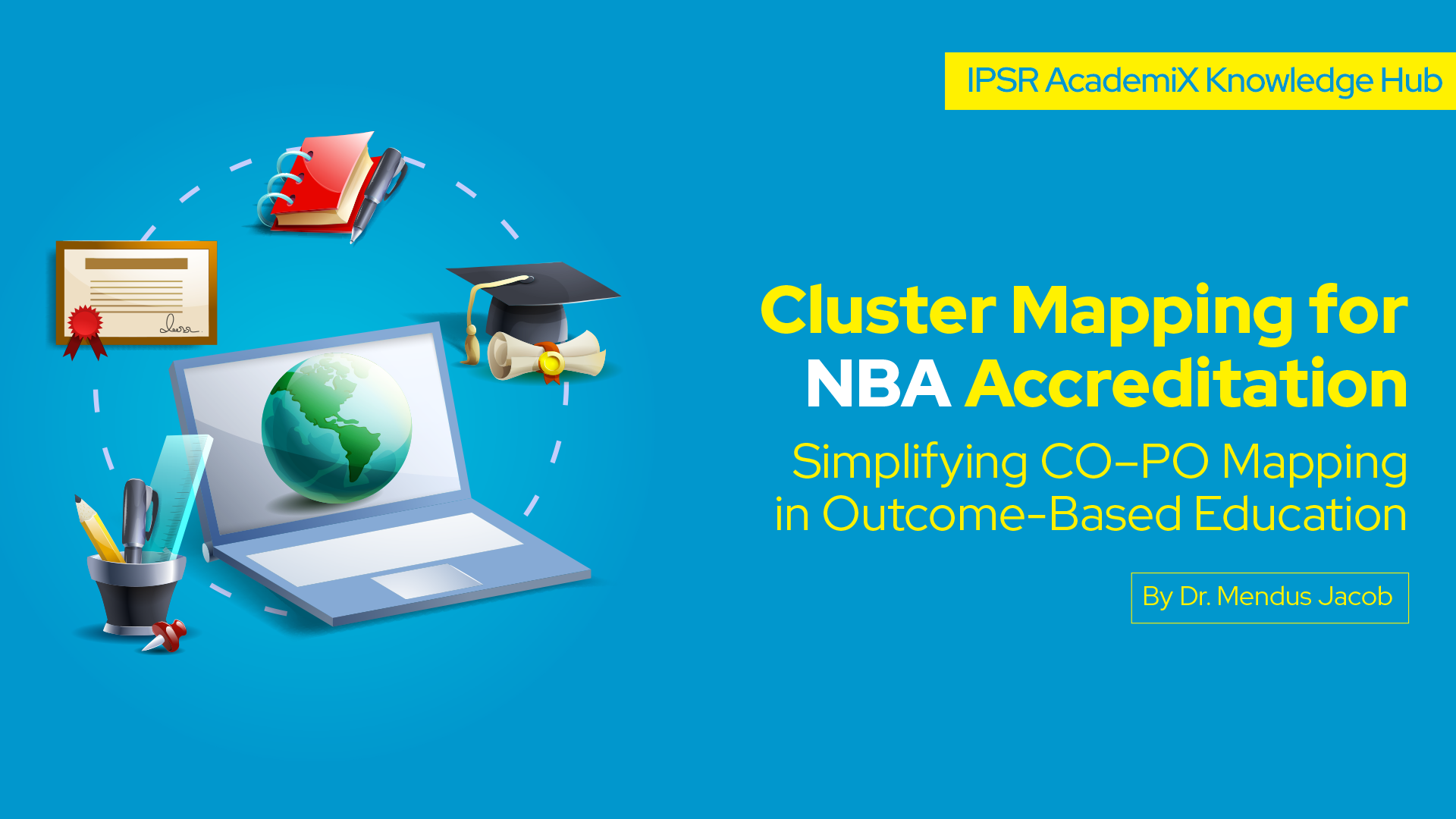
Simplifying CO–PO Mapping in Outcome-Based Education Accreditation by the National […]
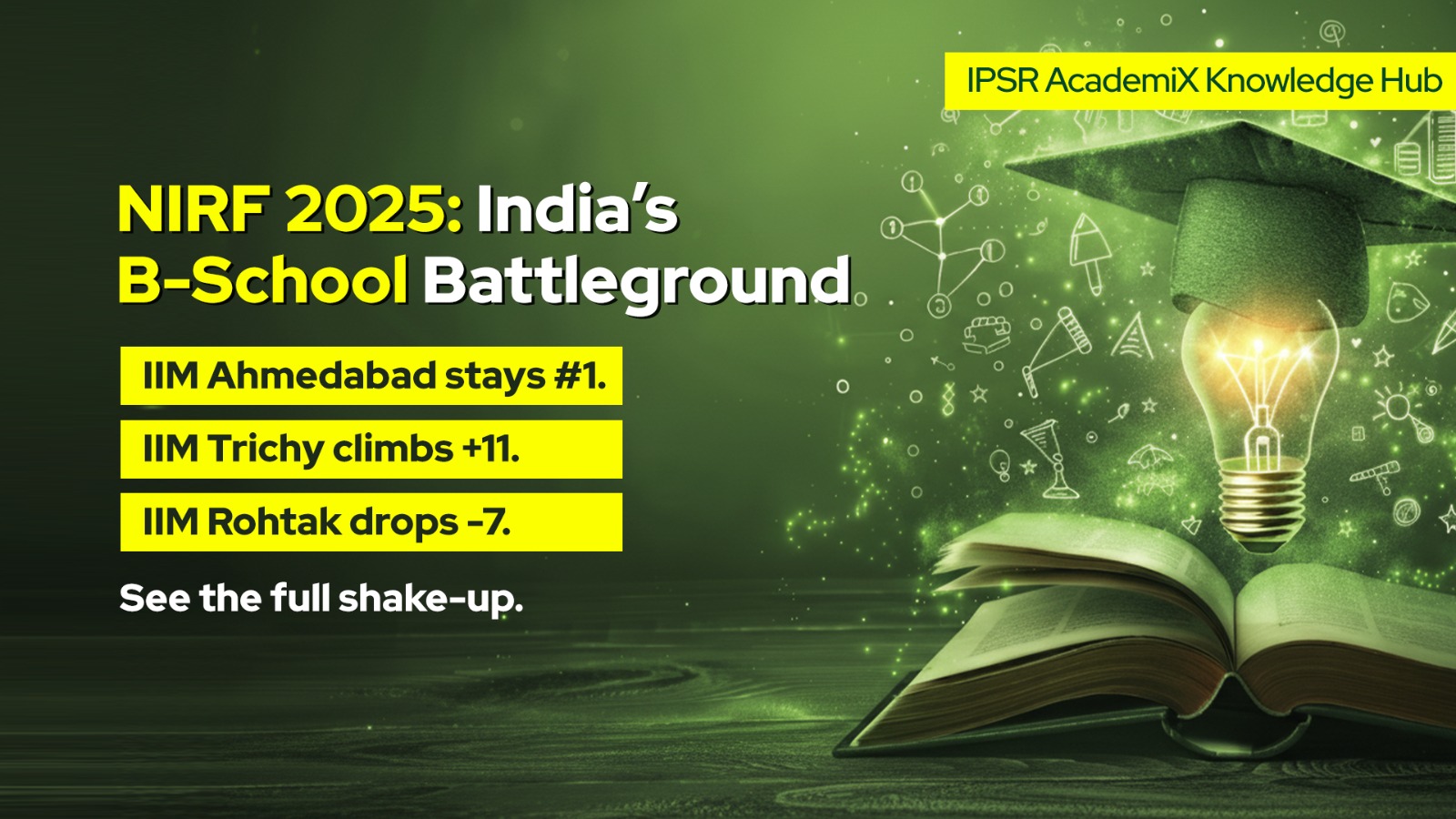
The National Institutional Ranking Framework (NIRF) 2025 results are out, […]
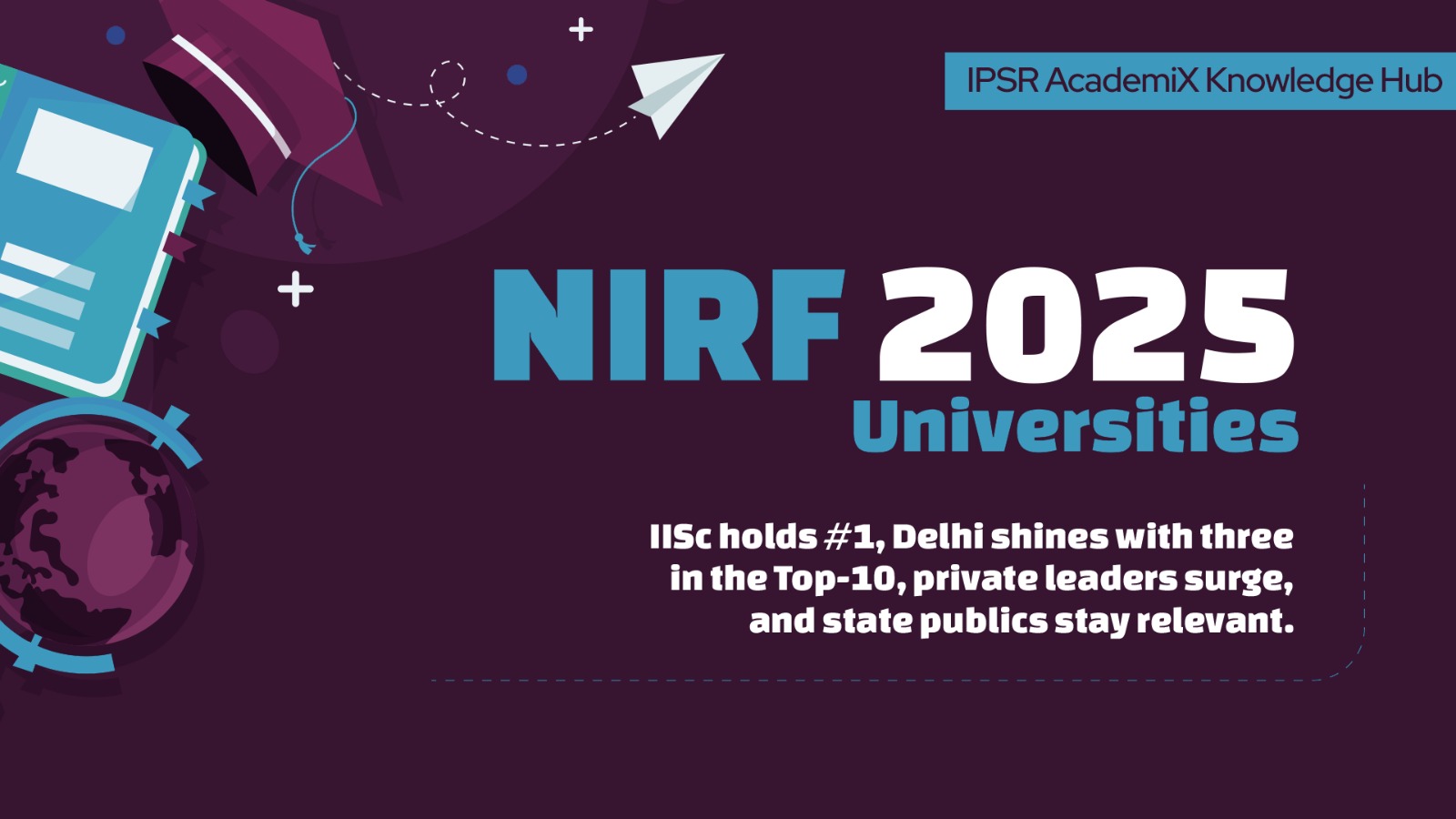
What the Top 100 Rankings Reveal About India’s Universities The […]
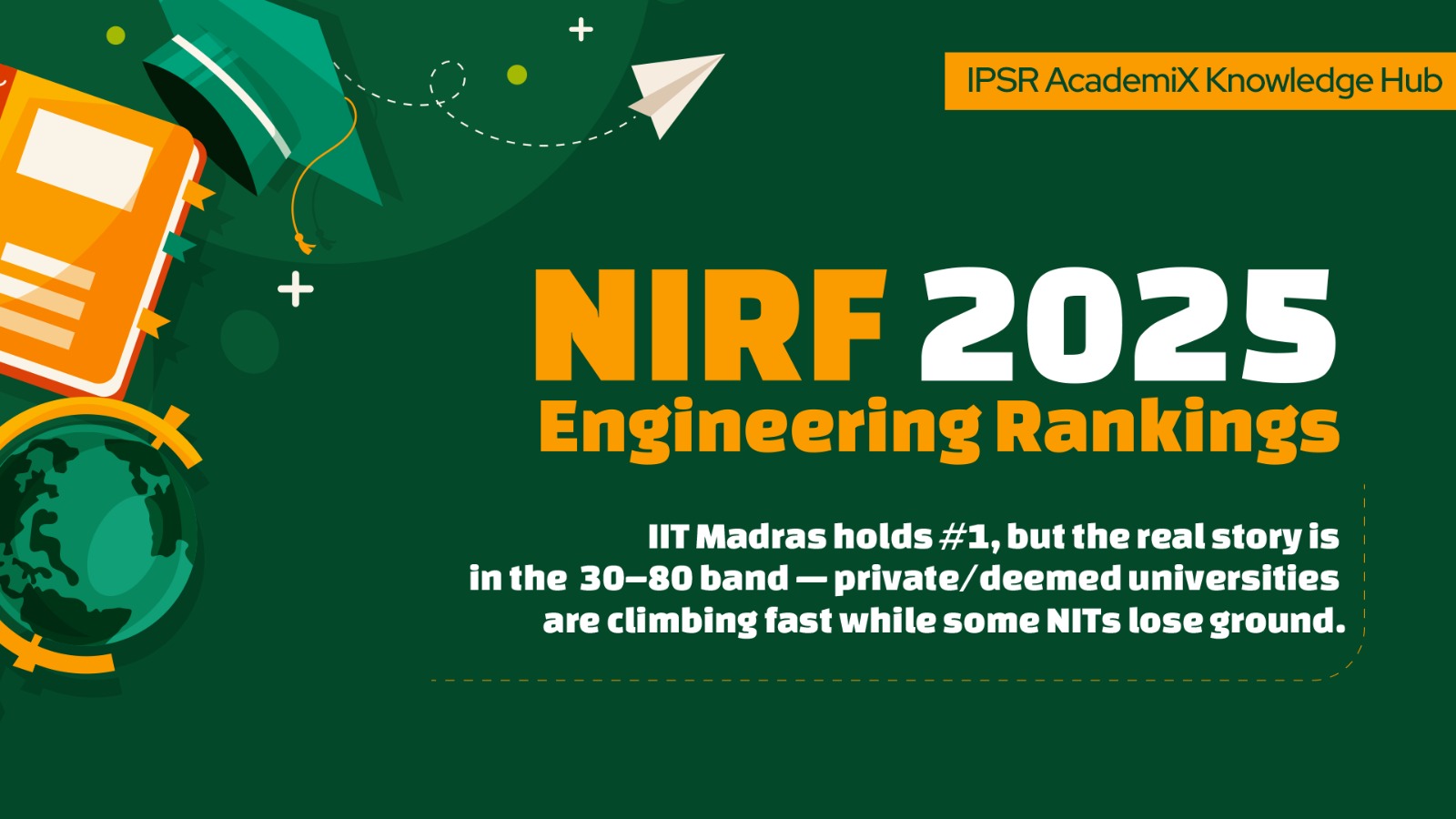
Exploring patterns, trends, and the evolving landscape of technical education […]
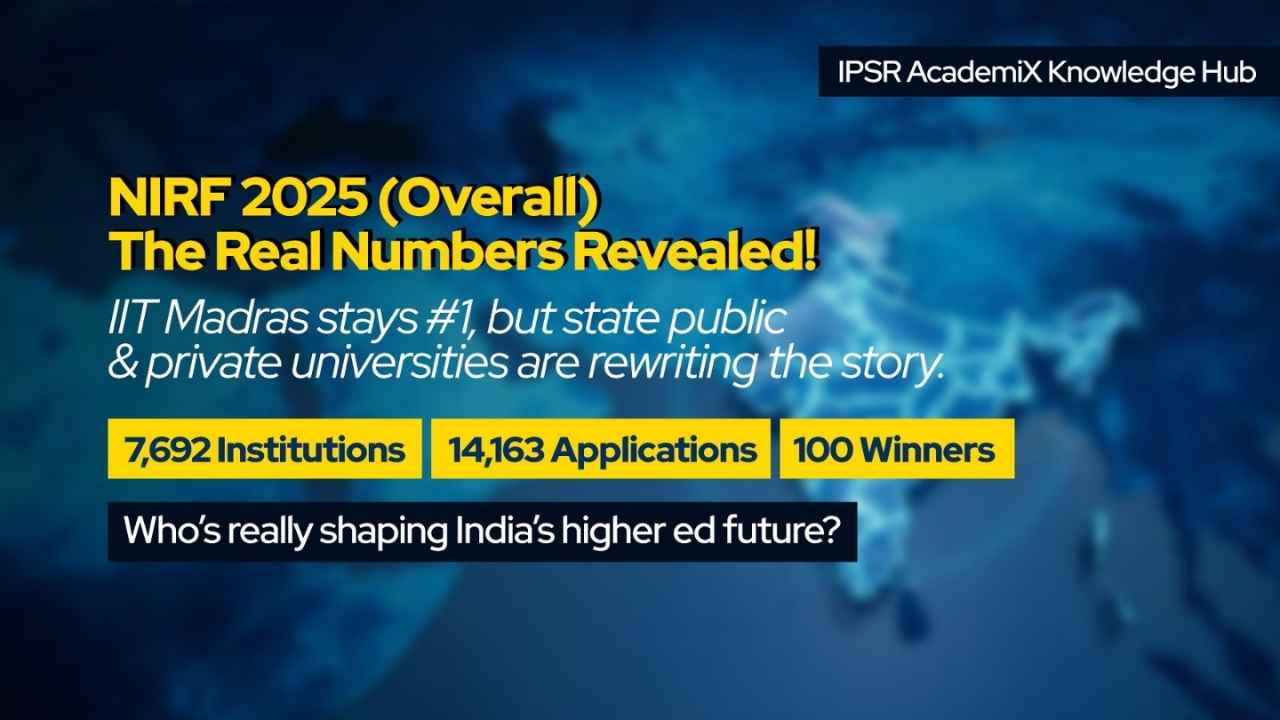
Release date: September 4, 2025 Source: NIRF portal’s Overall Top-100 […]
Leave A Comment